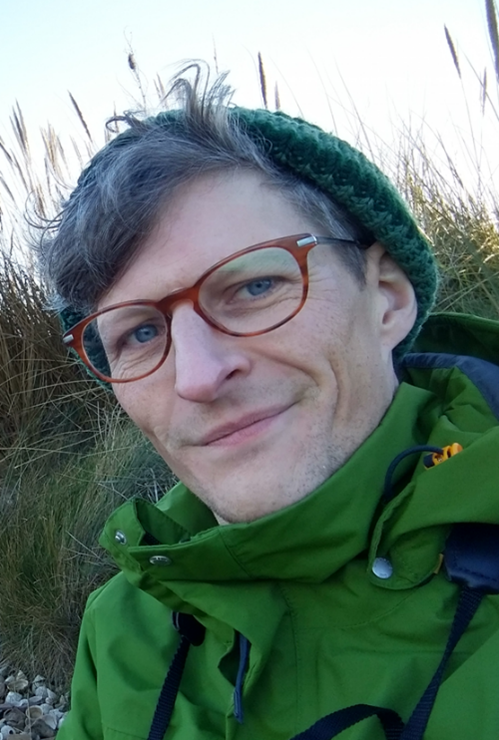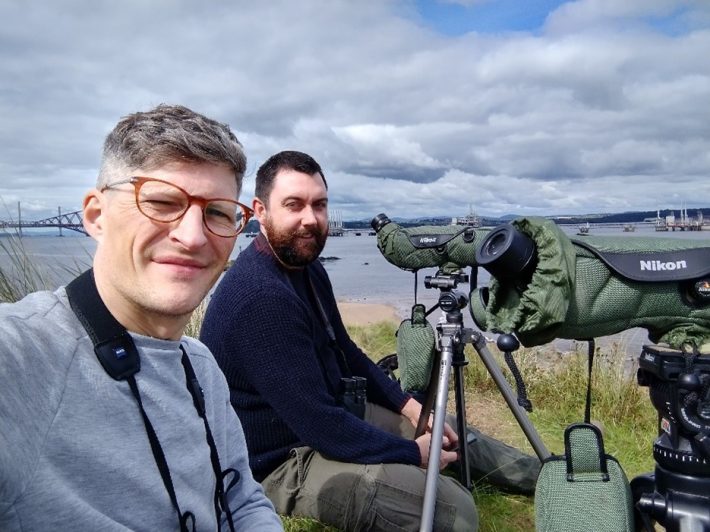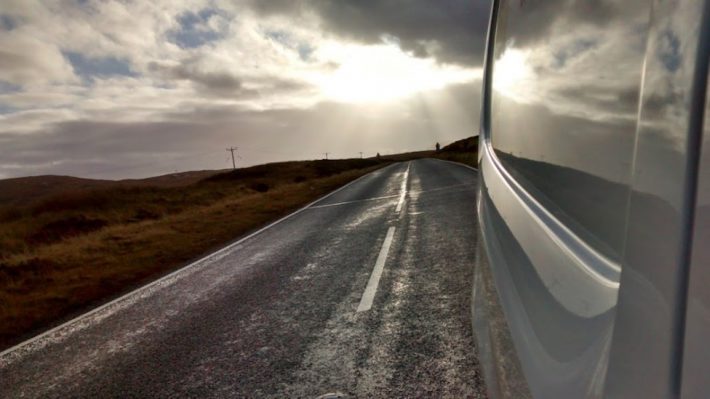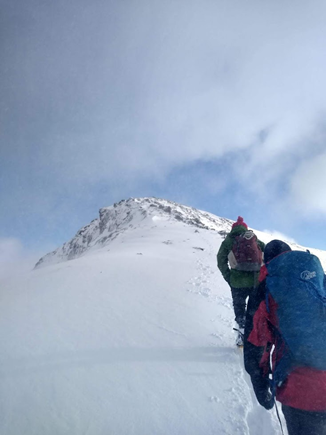An interview with Dr Chris Pollard
The Scottish Policy Group’s written interview series to celebrate 10 years!

Tell us about yourself?
I’m Chris and I’m a Behavioural Scientist working for Forest Research and based in Edinburgh. Not uncommonly, I’ve taken a bit of a circuitous route to working in environmental science research. I did a BSc in Chemistry & Pharmacology and got a graduate job working as a drug metabolism researcher for a large pharma company. I did lab research for 8 years, investigating how the human body changes and excretes potential new cancer drugs. During this time I found myself reconnecting with a love of nature I got from my family growing up, increasingly volunteering my spare time for conservation charities – doing bird surveys, people engagement, and practical conservation maintenance. I realised then that my future lay away from the pharma labs and I switched career – first doing a MSc in Conservation Science at Imperial College, then a PhD at the University of Stirling. My PhD research was all about how to manage the conservation conflict in Scotland which occurs due to large numbers of wild geese damaging crops. I focused on the way people and organisations work together and this got me my current job at Forest Research.
Tell us about your research/work and how that might intersect with policy?
I’ve recently been involved in projects such as: understanding cultural ecosystem services of trees; investigating biosecurity behaviours of people in the live plant trade; surveying the knowledge and awareness of the UK public towards tree health; and devising methods to evaluate government strategy implementation. We are an applied science group which mostly answer social science questions of policy posed by, or in conjunction with, government. I have a personal research interest in cooperation – how can people work together to tackle complex social-environmental problems. So whenever possible, I’m looking for examples of cooperation (and conflict!) in my work, and how people interact with each other. Relationships often play such a large part in the policy questions we are investigating.

What does a usual day look like?
May days are split between a number of projects which I work on concurrently, usually between 5 and 10 projects lasting 1 to 4 years each. I rarely have an entire day dedicated to one project, so there is always some flipping between projects to be done! The Social & Economics Research Group (SERG) at Forest Research is very collaborative; we work within team (several SERG members contributing to the same project), within organisation (with other research groups in Forest Research), and externally (in consortium projects with universities and other research agencies). Because of this my usual day includes a fair few meetings to make plans, keep customers up-to-date (e.g. government, funder, or a Principal Investigator), and discuss results. Our main outputs for projects are formal reports but we also write peer-reviewed articles based on our research and present at academic conferences.

What do you get out of being on the SPG Committee?
I’ve been lucky enough to be on the SPG committee since 2015 and find it consistently interesting and fun! It’s great to work with other scientists around Scotland to organize events and produce documents which go on to be well-received. Having scientists from a range of backgrounds on the committee and collaborating with other environmental organisations means I learn a lot about all the important policy areas affecting Scotland today. It’s important to me to be able to try and give back to the scientific community in Scotland and volunteering my time and skills to the SPG has been a great way to do it!

Like what we stand for?
Support our mission and help develop the next generation of ecologists by donating to the British Ecological Society.